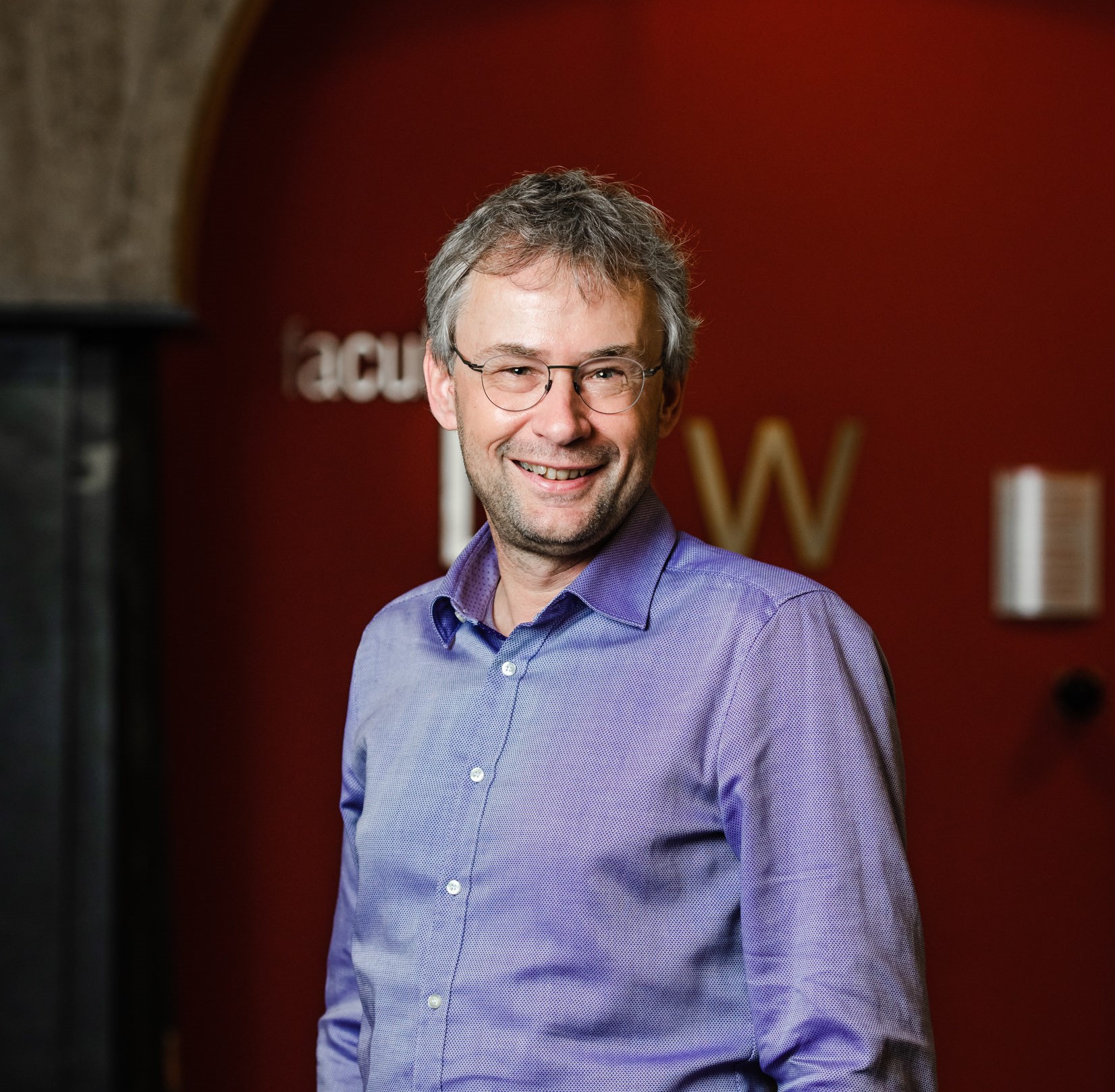Dean’s blog episode 2: legal craftsmanship ≠ master of law

Legal craftsmanship is no longer the same as being a master of law. One of the challenges we face as a faculty, is how to design our teaching in such a way that our graduates have the skills to work until 2068.
I sincerely hope you all enjoyed the holidays. As for myself, I did some hiking and running and managed to finish an article I had been working on for already quite some time (if you are interested: The Phylogeny of the Unpaid Seller’s Right to Vindicate Goods: A Test Study). I am happy this worked out because I have other priorities in the coming period. Meanwhile, I also moved into the Dean’s Office. You will find the door wide open at moments when I have no meetings. Do not hesitate to walk in: there is a good reason why the Dean, Marlies, Wilma and Jolande are at a central place in our building. You can then also have a look at the new set-up of the office.

Anyone passing by last week may also have noticed the new organisation of the Faculty Bookcase: all books of the last 35 years are now in chronological order and no longer by department. This fits our faculty that has always had one faculty feeling and emphasised cooperation across the borders of the departments. It was our student Talha Gunay who removed the dust and polished the books. We are still busy reorganising the exhibition space at the front door of our building, where the most recent books will be exposed. So do send in your latest book (which also allows us to feature it in the Faculty Journal).

In the coming period we will continue the discussion about the faculty’s future strategy. In the previous months I visited, often together with vice-dean for education Jos Hamers, many different groups within the faculty. The provisional inventory has now been sent around, allowing to do two more things in the coming weeks. First of all, the Faculty Board would like to hear whether the faculty community recognises itself in the inventory. Perhaps you find some things are missing or other things are redundant. Second, we would like to hear your view of what should be addressed first. We already spoke about this with the Faculty Management Team (heads of departments and director of studies) and are discussing it now with the Faculty Council. There will be a memo of the Faculty Board next week, followed again by visits to all groups.
Debate about what the future should bring also takes place in other contexts. This week two events take place about what a 21st century jurist should be able to do. On Thursday 18 January, there is the conference about ADR in legal education at which many colleagues will present their view of how ADR can contribute to innovative legal teaching. This event is organised by our colleagues Bram Akkermans and Catalina Goanta.

Then, on Friday 19 January the jaarlijkse onderwijsdag of the Dutch law faculties is devoted to legal education in 2025. This day is organised by Jos Hamers and Sjoerd Claessens in close cooperation with colleagues of the Open Universiteit. Both conferences are extremely important. One of the challenges we face as a faculty, is how to design our teaching in such a way that our graduates have the skills to work until 2068 – the year in which our current first year students will retire. I am myself a firm proponent of a programme that not only teaches the positive law (and does so in an excellent way), but also takes serious academic and other (also non-legal) skills. Legal craftsmanship is no longer the same as being a master of law, as students in the December 2017 issue of Dutch law journal Ars Aequi wrote. I really look forward to crossing swords with judge and Leiden professor Margreet Ahsmann this Friday.
| More blogs on Law Blogs Maastricht |
Other blogs:
Also read
-
An important part of becoming a fully-fledged academic is the development and curation of a research line. A research line is the main research topic and the thread throughout (large parts of) a career. It could be law and technology in private law, globalisation in public law, human rights in...
-
On 23 February 2022, the European Commission released the much anticipated proposal for the Directive on Corporate Sustainability Due Diligence. The aim of this Directive is to reduce human rights violations and environmental harms across the global value chain by making large companies carry out...
-
Achieving a sustainable way of life requires massive societal changes and (private international) law should enable, rather than hamper, the realization of such essential goals.



